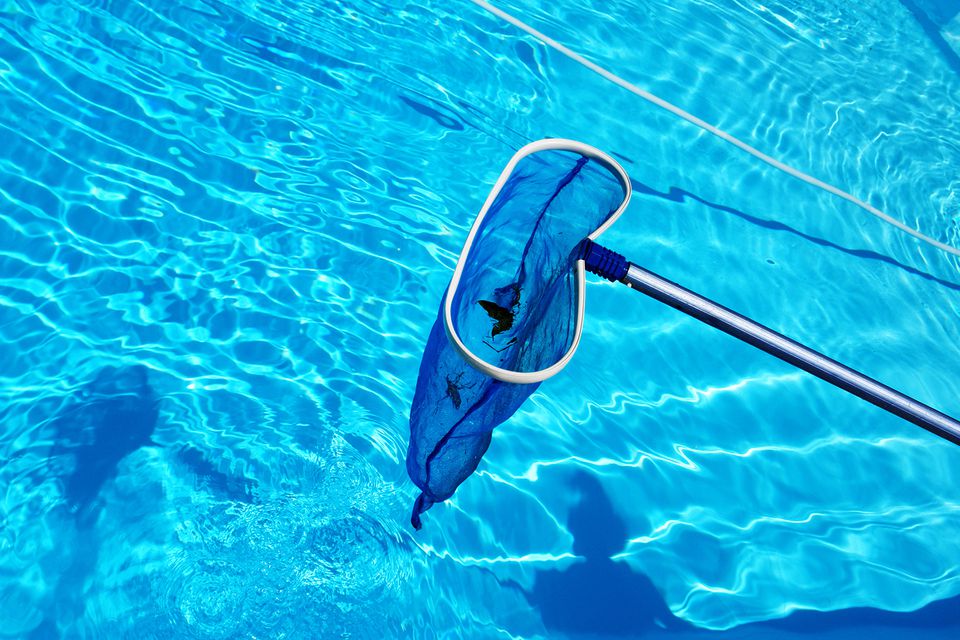Swimming is perhaps the most enjoyable form of aerobic exercise. If you swim with your family or group of friends, it is real fun. It is common to use pools in health clubs or large housing complexes. Although they are common for all members, swimming there can be an enjoyable experience as long as you can socialize there and the pool water is clean and odor free. Having your own private pool is even more fun; but, it comes with some responsibilities in terms of maintenance and cleaning. So, as we all know, swimming pools, whether common or privately owned, need to be cleaned on a regular basis to prevent bacterial contamination, algal growth, dirt, excess chemicals, and other things. But how often should you clean a swimming pool and which are the important aspects in this regard. This post discusses the same.

How Frequently Should You Clean Your Pool?
There are two aspects to pool cleaning. One is cleaning on your own and the other is getting it cleaned from a professional. Both these aspects are important and need to be followed. Here are a few pointers:
- To begin with, you can clean your pool surface every day by yourself. This is just cleaning with the help of a net to remove debris, leaves, and so on from the pool.
- Weekly cleaning on your own is also an essential task even if you clean the pool surface every day. This is slightly time consuming, so reserve a weekend morning for this activity. This comprises cleaning of tiles and removing any algal growth if present on the walls or floor of the pool. You can do this with a brush. For this activity, you first need to vacuum your pool. Get a pH testing kit and test the pH of your pool water. Make sure it is about withing the operational range of the specific sanitation method you are using.
- Now, the materials you use for cleaning are important. After vacuuming, if you use chlorine, check the levels you need to add.
- The best option is to, however, go for copper ionization systems or a more natural way of maintaining your pool water clean and hygienic.
- At least once in a month, give your pool water samples in a water testing lab and get a report. So that you know the status through a professional.
- Make sure you run the pool motor for at least 10 hours a day for improved water circulation.
- Once in two to three months, get the pool serviced from a professional. This is essential as they not only balance and clean your pool water but also check the filtration and pumping systems, and other repair and maintenance related issues.
- Remember that some of these aspects may depend on the season and the weather conditions in your area.
Are you a private pool owner or a committee member of a health club or a housing complex who looks after pool maintenance? If yes you ensure you approach a reliable player such as Intec America. The company offers water treatment solutions for swimming pools among other things. Intec America was the first company in the US to popularize the copper ionization technology developed by NASA. Since then, copper ionizers have been largely used in the swimming pools for water treatment.
Recent Blog Posts
- Benefits and Challenges of Owning a Swimming Pool or Spa
- What is the Best Chlorine-free Treatment for Your Swimming Pool?
- Guide to Water Softener Issues, Maintenance Tips, and Replacement
- Hot Tub Chlorine Alternatives: What is Right for You
- Point-of-Use Vs. Point-of-Entry Water Treatment Systems: Features and Comparison
- Water Softener Vs Reverse Osmosis: What is Right Your Application?
- How to Install Water Filters?
- TDS Measurement: All Important Questions Answered
- What Are the Benefits of Using Soft Water for Domestic Consumption?
- Opening your Pool
- How to Prepare Your Swimming Pool for Summer?
- How Often Should You Test Your Pool Water?
- 9 Healthier Alternatives to Chlorine for Swimming Pools
- Swimming Pools and Turtles – Yes We Handle Anything/Everything
- Unintentional Drownings: How to Protect Your Family
- How to Get Rid of Water Bugs
- Are You Sensitive to Swimming Pool Chemicals


